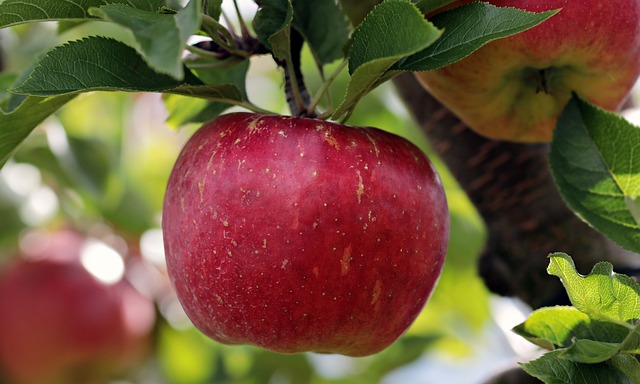Beyond Yogurt: Exploring Unexpected Sources of Probiotics in Everyday Foods
Gut health has become a hot topic in recent years, with more and more people realizing just how important it is for overall well-being. Probiotics, the “good” bacteria that help maintain a healthy gut, have gained significant attention for their potential health benefits. While yogurt is often the first food that comes to mind when thinking about probiotics, there are actually many other everyday foods that can provide these beneficial bacteria. In this blog post, we will explore some of the unexpected sources of probiotics that you may have been overlooking.
1. Sauerkraut
Sauerkraut, a traditional fermented cabbage dish, is not only rich in vitamins and minerals but is also packed with probiotics. The fermentation process involved in making sauerkraut promotes the growth of beneficial bacteria, including species of Lactobacillus and Leuconostoc. These bacteria can help improve digestion and support a healthy immune system.
2. Kimchi
Kimchi, a staple in Korean cuisine, is another fermented food that is teeming with probiotics. Made from fermented vegetables, such as cabbage and radishes, and seasoned with spices, kimchi offers a delicious way to introduce probiotics into your diet. It contains various strains of Lactobacillus bacteria, known for their beneficial effects on gut health.
3. Kombucha
Kombucha is a fizzy, fermented tea that has gained popularity in recent years. It is made by fermenting sweetened tea with a symbiotic culture of bacteria and yeast (SCOBY). The fermentation process produces probiotic-rich kombucha, which can help promote a healthy balance of bacteria in the gut. With its tangy flavor and carbonation, kombucha offers a refreshing alternative to sugary sodas.
4. Miso
Miso, a traditional Japanese seasoning made from fermented soybeans, barley, or rice, is not only flavorful but also packed with probiotics. Miso paste can be used to make soups, marinades, and dressings, adding a delightful umami taste to various dishes. The fermentation of miso gives it an abundance of probiotic bacteria, including species of Lactobacillus and Bifidobacterium.
5. Pickles
While pickles may be more commonly associated with a tangy taste, they are also a surprising source of probiotics. Pickles made through natural fermentation, rather than vinegar-based pickling, contain live bacteria that can support gut health. Look for traditionally fermented pickles, like lacto-fermented cucumber pickles, rather than those made with vinegar.
6. Tempeh
Tempeh is a versatile and nutritious plant-based protein source made from fermented soybeans. Originating from Indonesia, this fermented food not only provides probiotics but is also rich in vitamins, minerals, and antioxidants. The fermentation process involved in making tempeh breaks down the soybeans, making it easier for our bodies to digest and absorb the nutrients.
These are just a few examples of the unexpected sources of probiotics that go beyond the typical yogurt. Incorporating these foods into your diet can help diversify the range of probiotic strains you consume, which is beneficial for overall gut health. However, it’s important to note that the probiotic content of these foods can vary depending on factors such as preparation methods and storage conditions. To maximize the probiotic benefits, look for unpasteurized, live-culture versions of these foods.
So, the next time you are considering ways to improve your gut health, remember that there are many tasty and nutritious options beyond yogurt. Explore the world of fermented and probiotic-rich foods to support your journey towards a healthier gut!







